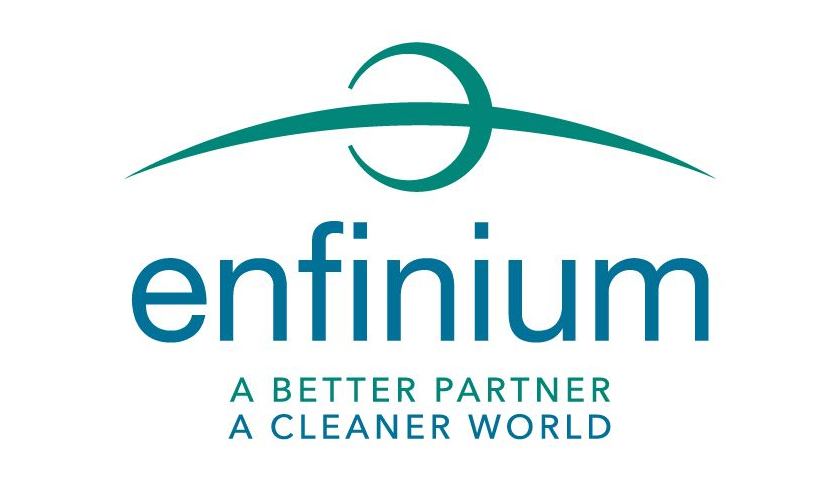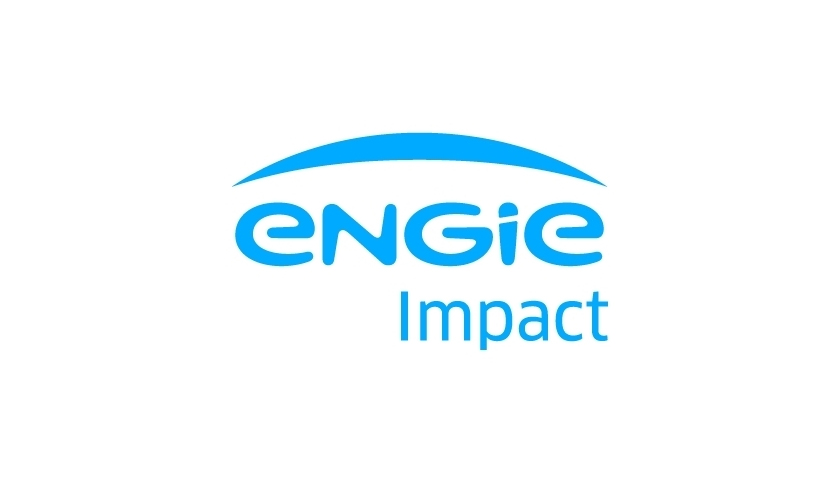enfinium, one of the UK’s largest energy from waste (EfW) operators, has published a detailed plan to both decarbonise its own operations and deliver carbon removals at scale to help the UK achieve its net zero targets.
Backed by an investment programme worth over £1.7 billion, the ‘Net Zero Transition Plan’ sets out enfinium’s pathway to achieve net zero across its Scope 1 and 2 emissions by 2033, significantly ahead of the waste industry target of 2040. These plans, driven by the installation of carbon capture and storage (CCS) technology at enfinium’s sites across the UK, will enable enfinium to generate hundreds of thousands of tonnes of durable carbon removals from 2030, rising to 1.2 million tonnes per year by 2039.
The UK currently generates around 27 million tonnes of waste every year that cannot be recycled. According to the Government’s figures, by 2042, even if the UK hits its ambitious recycling targets, there will still be over 17 million tonnes of unrecyclable waste produced each year.3 enfinium’s plan is critical if the UK is to decarbonise its waste and achieve its 2050 net zero target.
Around half of the unrecyclable waste produced by the UK is made up of biogenic content – organic material such as food waste, plants and soiled paper or card – which has already naturally absorbed CO2 from the atmosphere. Installing CCS technology at enfinium’s energy from waste facilities will enable this CO2 to be permanently captured and stored rather than released back into the atmosphere, resulting in a net carbon removal.1
With countries and companies needing carbon removals to reach their pressing decarbonisation goals, the carbon market could be valued at over $1.1 trillion annually by 2050 according to estimates from Bloomberg NEF2. The energy from waste sector has the potential to be one of largest sources of negative emissions3, playing a vital role in supporting businesses to tackle their Scope 3 supply chains emissions.
Mike Maudsley, CEO of enfinium, said:
“Today enfinium uses waste that cannot be recycled, which would otherwise go to climate damaging landfill, to generate low carbon homegrown energy. Installing carbon capture technology will allow us to go further and remove more than one million tonnes of carbon dioxide from the atmosphere every year.
“Carbon removals is a once in a generation opportunity for the waste sector globally. With bold leadership and in partnership with governments we can pioneer a credible and affordable pathway to zero emissions and green growth.”
In addition to delivering carbon removals through the application of CCS, the Net Zero Transition Plan also details how enfinium will support its local communities to achieve net zero for their operations. Through the development of heat networks, the production of electrolytic hydrogen, and the direct supply of carbon negative electricity via private wires, enfinium’s plants will provide homegrown, baseload power to nearby users and sit at the heart of localised ‘decarbonisation hubs’.
The Net Zero Transition Plan has been independently verified by independent engineering consultancy Arup.
Ben Glover, Director and UK Resources Business Leader at Arup, said:
“Energy from waste has a demonstrable role in delivering vital carbon removals for the UK economy, which are needed imminently. The actionable pathway and timeline of enfinium’s Net Zero Transition Plan demonstrates how their ambition to deliver carbon removals at scale becomes a reality. Our work with enfinium has shown that there is a sound business case and pathway to carbon removals, generating sustainable homegrown energy and creating green jobs to power the UK’s net zero economy.”
The Net Zero Transition Plan can be downloaded here.

